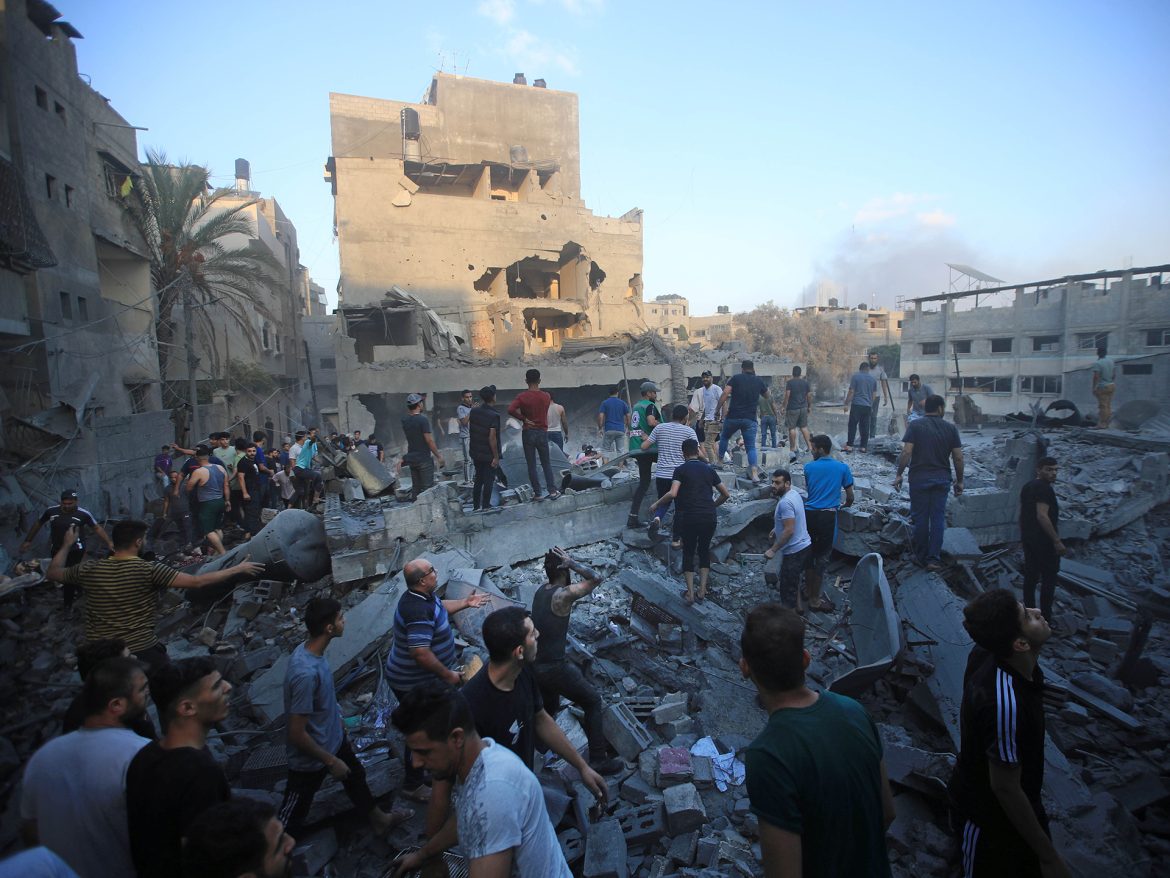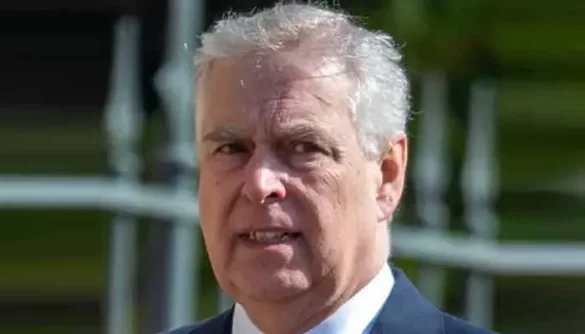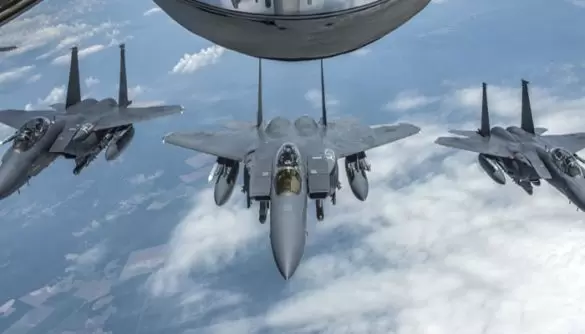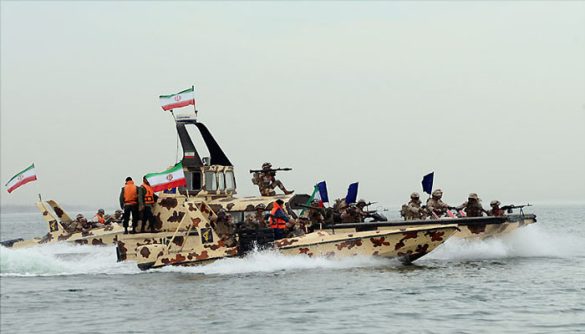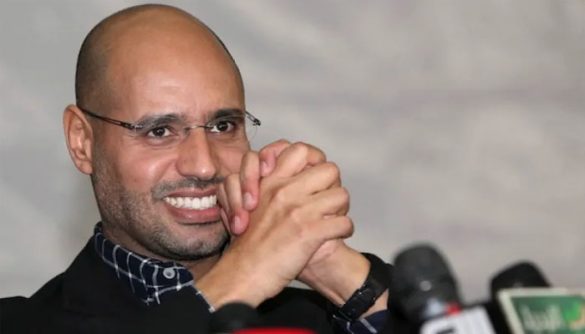Surge in Israeli Military Operations
The ongoing Israeli military campaign in Gaza has intensified dramatically in recent days. According to reports from Arab media outlets, at least 30 Palestinians were killed in the past 24 hours amid a wave of airstrikes and ground operations. For more on earlier escalations and the rising toll, see Israeli Strikes Kill 67 Palestinians in Gaza, Including Aid Seekers. Scores more were injured, many critically, as residential areas bore the brunt of the attacks.
Eyewitnesses describe scenes of widespread destruction. Israeli forces not only conducted air raids but also employed tanks and explosives-laden vehicles to target residential buildings. Entire homes were reportedly reduced to rubble, leaving families displaced and local infrastructure severely damaged.
Civilian Impact and Humanitarian Concerns
The escalating violence has raised alarm among humanitarian organizations. Gaza, already densely populated with limited access to essential services, faces growing shortages of food, water, and medical supplies. Hospitals are struggling to cope with the influx of casualties, and power outages further exacerbate the crisis.
Human Rights Watch and other international observers have previously warned that indiscriminate attacks on civilian areas violate international humanitarian law. While exact casualty numbers continue to fluctuate, the recent surge marks one of the deadliest periods in the ongoing conflict in Gaza this year.
Hamas Rejects Accusations on Ceasefire Talks
Amid the escalation, the Palestinian resistance group Hamas rejected claims that it had turned down a ceasefire proposal reportedly put forward by former U.S. President Donald Trump. In a statement, Hamas asserted that the real obstacle to peace has been Israeli Prime Minister Benjamin Netanyahu, alleging that his government repeatedly undermined efforts to halt the violence.
“The truth is that every attempt at a ceasefire was sabotaged by Netanyahu, not Hamas,” the group said. They further stressed that this fact is known not only in the United States but across the international community.
International Reactions and Diplomatic Efforts
The renewed hostilities have drawn widespread international concern. United Nations officials have called for an immediate cessation of violence and urged both sides to engage in dialogue. The UN has also emphasized the need to protect civilians, particularly women and children, who make up a significant portion of Gaza’s population of over 2 million people.
The United States, European Union, and several Arab states have reiterated the importance of a two-state solution and the resumption of diplomatic negotiations. However, on-the-ground developments suggest that prospects for a lasting ceasefire remain uncertain.
Historical Context
This latest round of violence comes amid a long history of Israeli-Palestinian hostilities. Gaza, controlled by Hamas since 2007, has repeatedly been the site of armed confrontations. Israeli authorities cite security concerns, including rocket attacks from Gaza, as justification for military operations. Conversely, Palestinians highlight the humanitarian toll and the impact of prolonged blockades that limit economic and social development.
Looking Ahead
As violence continues, analysts warn of a potential escalation into a larger regional conflict. Meanwhile, local communities in Gaza brace for further airstrikes, while international actors call for renewed diplomacy. The coming days will likely be critical in determining whether a fragile truce can be negotiated or whether the cycle of violence will intensify further.

